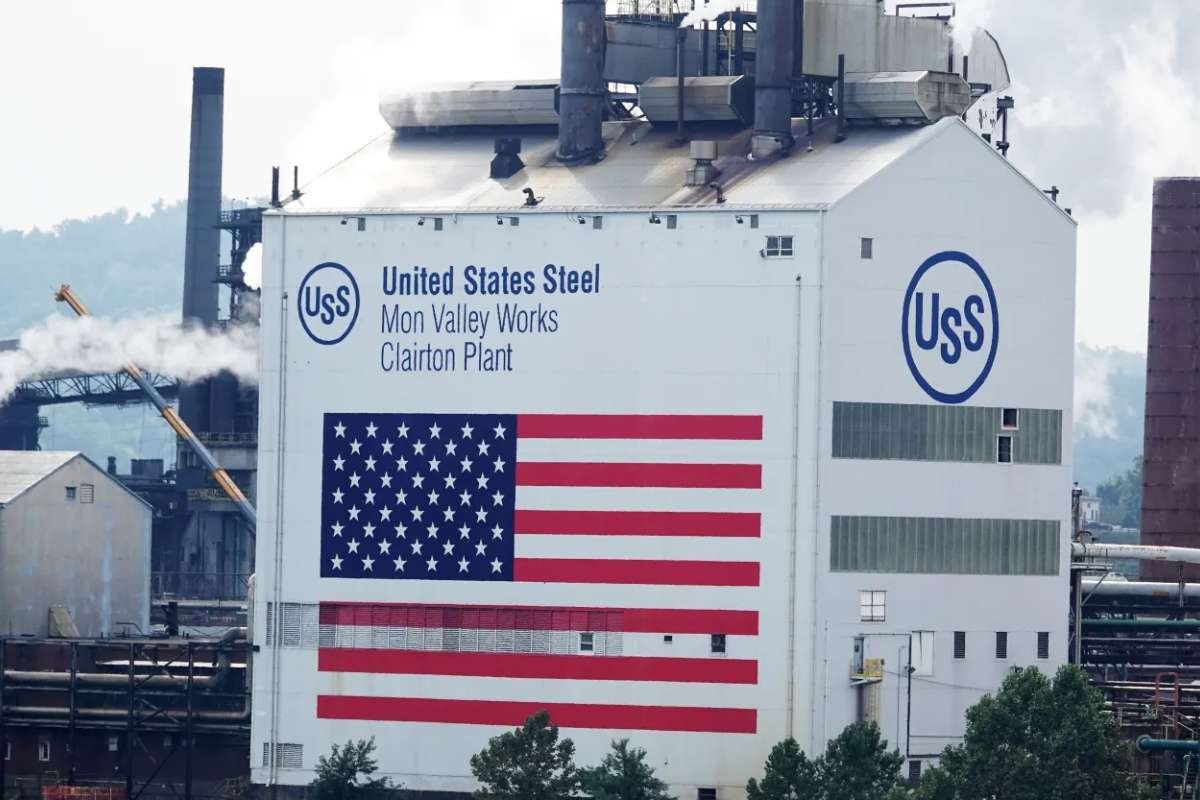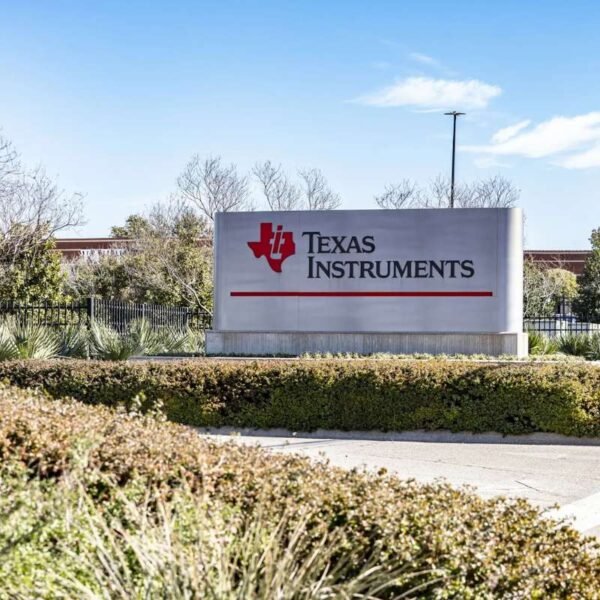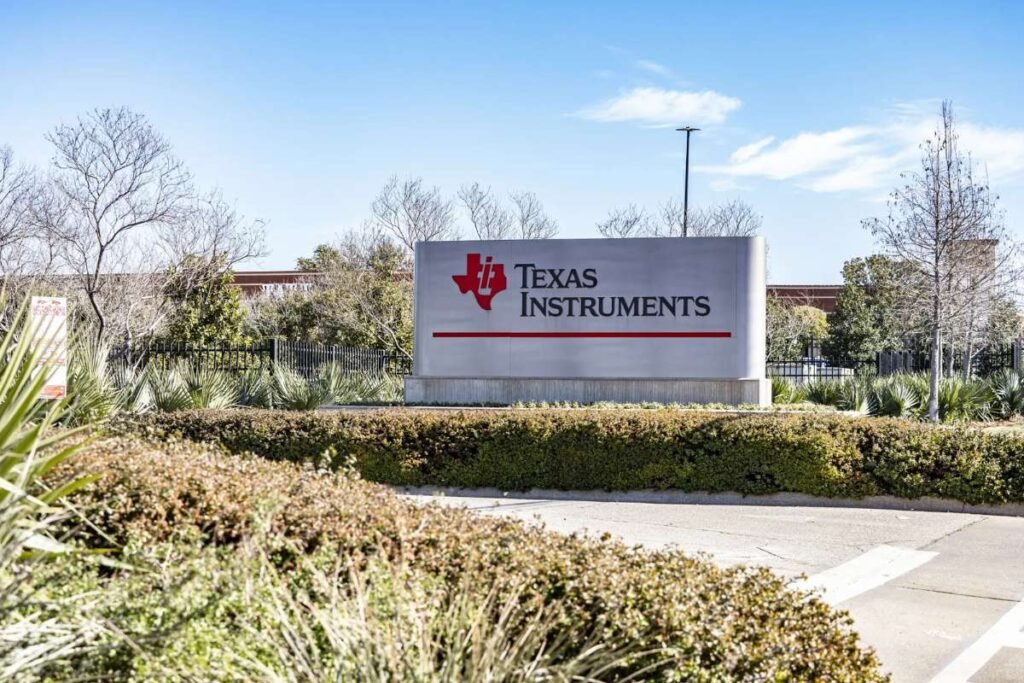Source – cnbc.com
Potential Blockage of $14.9 Billion Deal
U.S. Steel shares experienced a significant decline of over 17% on Wednesday amid reports that the White House is preparing to block the company’s proposed $14.9 billion sale to Japan’s Nippon Steel. The potential intervention comes as U.S. Steel’s stock has already fallen 41% this year. According to The Washington Post, President Joe Biden is expected to announce that he will prevent the deal from going through.
Political and Economic Reactions
The proposed sale has drawn notable political opposition from both sides of the aisle. Vice President Kamala Harris, the Democratic presidential nominee, expressed concerns about the deal, advocating that U.S. Steel “should remain American-owned and American-operated” during a campaign event in Pittsburgh. Former President Donald Trump, the Republican nominee, has also voiced his opposition to the acquisition.
U.S. Steel CEO David Burritt has warned that the deal’s blockage could lead to severe consequences for the company, including potential plant closures and a move of its headquarters from Pittsburgh. Burritt emphasized that the acquisition is essential for maintaining the competitiveness of U.S. Steel’s older plants and safeguarding jobs.
Harris Opposes US Steel-Nippon Steel Merger
Committee on Foreign Investment Review
The Committee on Foreign Investment in the United States (CFIUS) has been reviewing the transaction, focusing on its potential impact on national security. Despite ongoing scrutiny, U.S. Steel has not received any formal updates or executive orders related to the committee’s review. A company spokesperson reiterated that there are no national security concerns associated with the deal, highlighting Japan’s status as a close ally.
“We fully expect to pursue all possible options under the law to ensure this transaction, which is best for Pennsylvania, American steelmaking, and all of our stakeholders, closes,” the spokesperson stated.
Broader Implications of Protectionism
The bipartisan opposition to the Nippon Steel acquisition reflects a growing trend of protectionism in U.S. policy, even towards allies such as Japan. The potential blockage of this deal underscores the challenges facing international investment in key American industries.
Nippon Steel, Japan’s largest steelmaker, argues that the acquisition would not only rejuvenate the American Rust Belt but also enhance U.S. national security. A spokesperson for Nippon Steel asserted that the investment would strengthen the American steel industry, claiming that no other party is prepared to make such a commitment.
With U.S. Steel having an annual production capacity of 20 million metric tons and Nippon Steel’s capacity at 66 million tons, the combined entity would handle up to 86 million tons. Despite Nippon Steel’s assurances, the future of this high-stakes transaction remains uncertain, as political and economic forces continue to shape its outcome.










